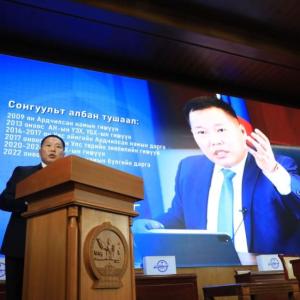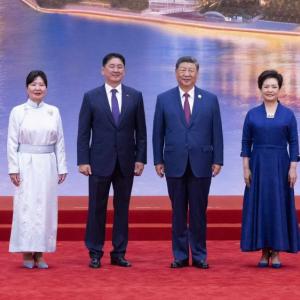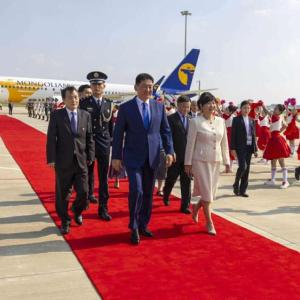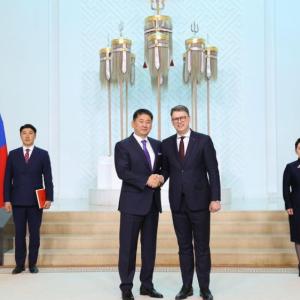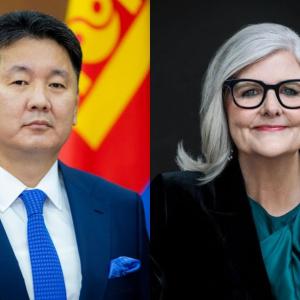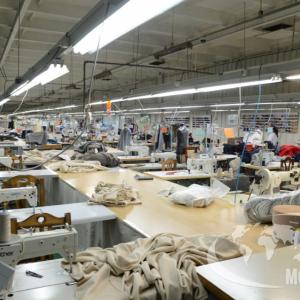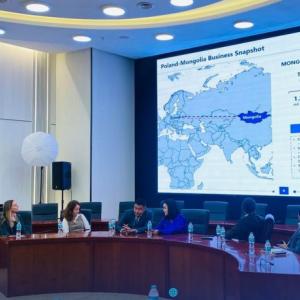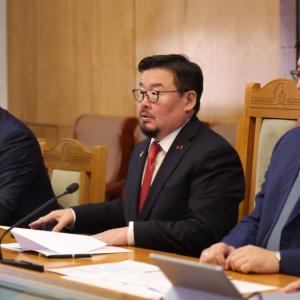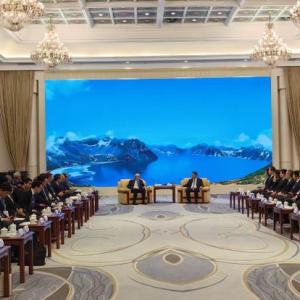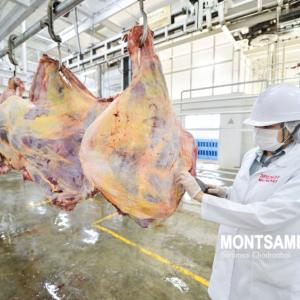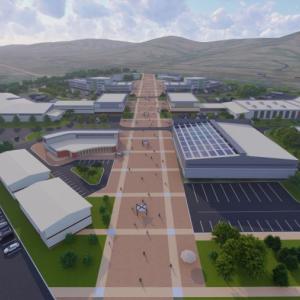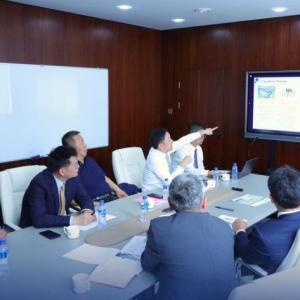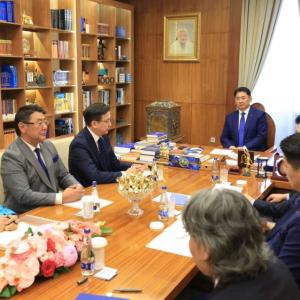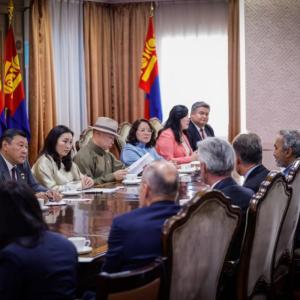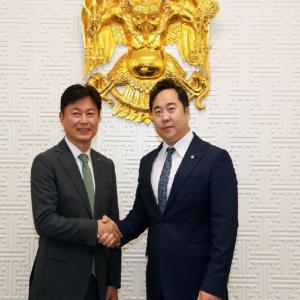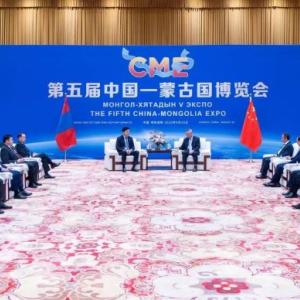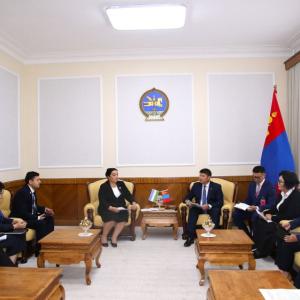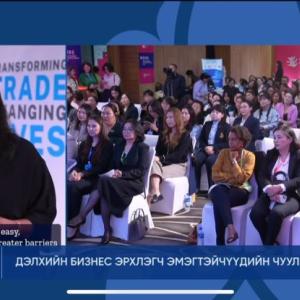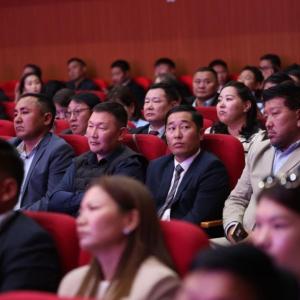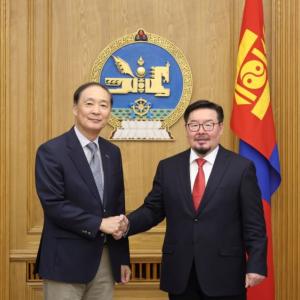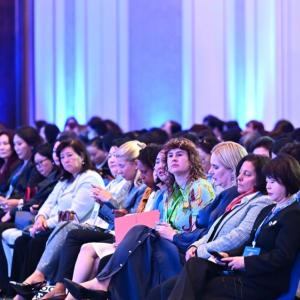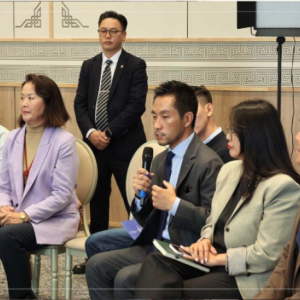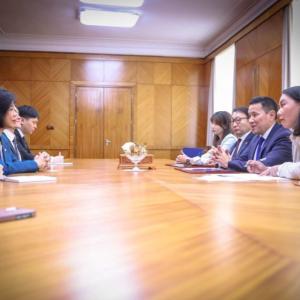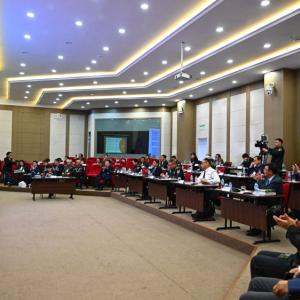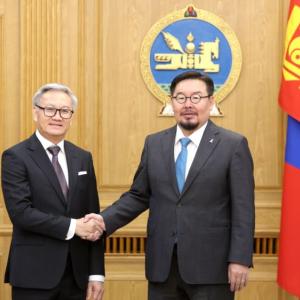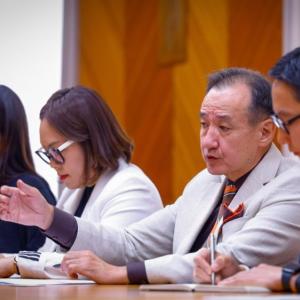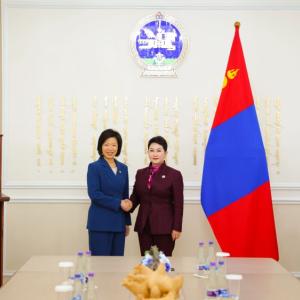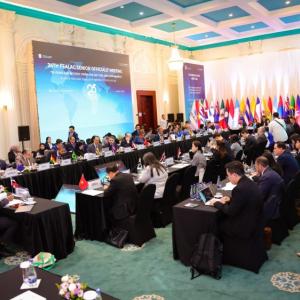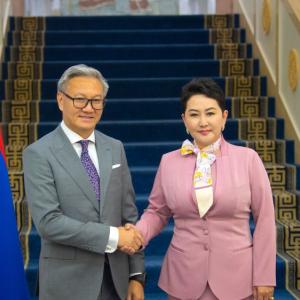Consultation Meeting to Discuss GCF Program Held
Environment
Ulaanbaatar, April 28, 2023 /MONTSAME/. Mongolia
ratified the Paris Agreement in 2016 and developed the Nationally Determined
Contributions (NDC). Since then, Mongolia has been reviewing and updating its
NDC every five years.
In November 2019,
Mongolia ambitiously raised its target to reduce greenhouse gas emissions to 22.7 percent by 2030, compared to business-as-usual, through updating its
Nationally Determined Contributions (NDC), which was approved by Government
Decree No.407.
To translate this
goal into reality, public and private sector partnership is required to complete
major transitions, including the shift of energy resources from solid fuels to
other low-carbon sources, updating old technologies and practices of husbandry,
agriculture, construction, road, and transport and extracting sectors, and
ensuring economic sustainability to achieve economic growth without engaging in
the harmful environmental and human-health trade-offs.
Financial resources
and sound investments are needed to address climate change, to both reduce
emissions, promote adaptation to the impacts that are already occurring, and
build resilience. In this regard, we need USD 11.5 billion to achieve the goals
by 2030. According to the estimation, around 70% of the required financing can
be raised not only from domestic resources but also by the financial mechanisms
of the UN Framework Convention on Climate Change, including the Global
Environment Facility, Green Climate Fund, and Adaptation Fund.
Many projects and
programs on climate change mitigation have been implemented in Mongolia in
cooperation with the Green Climate Fund (GCF). Between 2019 and 2023, the GCF
approved USD 460 million worth of 20 projects and programs for Mongolia as a
Phase I Program. However, we have achieved goals for only one-third of them,
which puts us way far away from accomplishing our NDC ambitions, mainly due to
external and internal factors, such as the pandemic, post-Covid economic
recession, price rise, etc. During the Consultative meeting held on April 27,
the parties discussed continuing the remaining projects and programs, as well
as implementing other new projects as part of the Phase II Program of the GCF.
The parties are expecting Phase II would be successful, learning from the
previous mistakes and experiences.

 Ulaanbaatar
Ulaanbaatar


